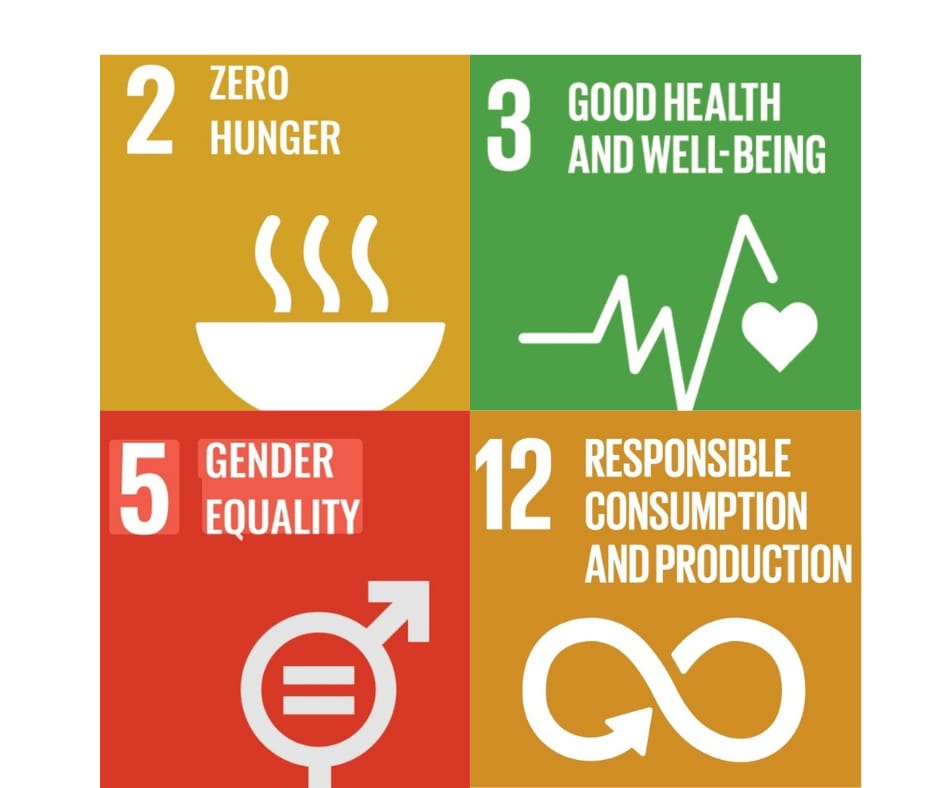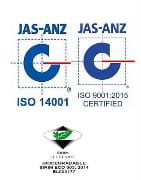Source: https://says.com/my/lifestyle/7-harmful-ingredients-dry-skin
We came across this article in Says .com and thought it useful to share with you. Article published in 27th December 2018.
According to dermatologist Dr. Irene Lee Chew Kek, while moisturisation can help replenish and rebuild the skin, it may not always be enough.

As a consultant dermatologist at Pantai Hospital Cheras, Dr. Irene has seen her share of Malaysians suffering from dry skin. She says when people suffer from severely dry skin conditions, their skin’s outer layer (stratum corneum) becomes dysfunctional.
This means that no matter how much ordinary moisturising cream you put on your skin, it will still feel dry because “the stratum corneum is unable to repair itself, resulting in cracked, itchy, and painful skin.”
Nevertheless, many beauty and cleansing products do nothing to repair the skin, and instead contain harmful ingredients that may damage it
If you have dry skin or eczema, here are a few ingredients you should look out for and avoid at all costs:
1. Artificial fragrances that smell too good to be true.

Often, we choose our cleansing products based on the scent we prefer the most. But these artificially-added fragrances are just a cover-up to mask the toxic ingredients in the cleansing product. Artificial fragrances may contain many chemical compounds and can irritate your skin, especially if it’s already dry to begin with.
While some products may be unscented, they may still contain masking fragrances to hide the chemical odours. So when shopping for your soaps, cleansers, or body washes, make sure to look for completely fragrance-free products.
What to be wary of: Best to look for “fragrance-free” indications on the label and ensure “fragrance” is not listed in the ingredient list.
2. Synthetic dyes that make the colours pop

It’s always more exciting to use a colourful body wash instead of a plain white one, until your skin starts getting irritated by it. Most of the colours you see come from chemicals that can cause allergies, skin irritation, and hives.
What to avoid: If it looks overly colourful, don’t buy it.
3. Foaming agents that help create the lathering effect

Here’s a fun fact—while lather can help trap dirt for easy removal through rinsing, you don’t actually need much of it. In fact, most of the ingredients used as foaming agents are known to sometimes strip your skin of its natural oils, depending on the harshness of the ingredients, which can make your skin even drier.
What to avoid: Sodium Lauryl Sulphate (SLS) and Sodium Laureth Sulphate (SLES)

Many skincare products use harsh ingredients as their base, because they make creams feel lighter, help other ingredients penetrate your skin, and act as a preservative. However, these base ingredients can erode your skin’s barrier, damaging your skin if used excessively.
Ingredients to avoid: Ethanol, methanol, and benzyl.
Fatty acids derived from plants (ok to use): Cetearyl, stearyl, cetyl, and behenyl.
5. Essential oils, especially the citrusy kind

This may come as a surprise, but even organic ingredients like essential oils may not necessarily be good for your dry skin. The main reason is that most essential oils are very concentrated, which can irritate your skin. Using citrusy and mint essential oils may also cause further damage to your skin due to the acidity.
Potentially irritating oils include: Lemon, lime, tangerine, grapefruit, mandarin, bergamot, peppermint, wintergreen, pennyroyal, and balm mint.
6. Antibacterial agents often found in hand sanitisers and soaps

Besides containing harmful ingredients, hand sanitisers and antibacterial soaps may also include antibacterial agents like triclosan, which may cause skin sensitivity in the form of itching, burning sensation, or dry skin.
What to avoid: If you see triclosan in the product label, go for something else.
7. Preservatives that help extend your product’s expiry date

Beauty and cleansing products usually contain some form of preservative to help increase the shelf life. However, preservatives such as Methylisothiazolinone (MI) are linked with major skin allergy outbreaks.
What to avoid: Methylisothiazolinone, propylparaben, butylparaben, or ethylparaben.
As a consultant dermatologist at Pantai Hospital Cheras, Dr. Irene has seen her share of Malaysians suffering from dry skin. She says when people suffer from severely dry skin conditions, their skin’s outer layer (stratum corneum) becomes dysfunctional.
This means that no matter how much ordinary moisturising cream you put on your skin, it will still feel dry because “the stratum corneum is unable to repair itself, resulting in cracked, itchy, and painful skin.”
Nevertheless, many beauty and cleansing products do nothing to repair the skin, and instead contain harmful ingredients that may damage it
If you have dry skin or eczema, here are a few ingredients you should look out for and avoid at all costs:
1. Artificial fragrances that smell too good to be true.

Often, we choose our cleansing products based on the scent we prefer the most. But these artificially-added fragrances are just a cover-up to mask the toxic ingredients in the cleansing product. Artificial fragrances may contain many chemical compounds and can irritate your skin, especially if it’s already dry to begin with.
While some products may be unscented, they may still contain masking fragrances to hide the chemical odours. So when shopping for your soaps, cleansers, or body washes, make sure to look for completely fragrance-free products.
What to be wary of: Best to look for “fragrance-free” indications on the label and ensure “fragrance” is not listed in the ingredient list.
2. Synthetic dyes that make the colours pop

It’s always more exciting to use a colourful body wash instead of a plain white one, until your skin starts getting irritated by it. Most of the colours you see come from chemicals that can cause allergies, skin irritation, and hives.
What to avoid: If it looks overly colourful, don’t buy it.
3. Foaming agents that help create the lathering effect

Here’s a fun fact—while lather can help trap dirt for easy removal through rinsing, you don’t actually need much of it. In fact, most of the ingredients used as foaming agents are known to sometimes strip your skin of its natural oils, depending on the harshness of the ingredients, which can make your skin even drier.
What to avoid: Sodium Lauryl Sulphate (SLS) and Sodium Laureth Sulphate (SLES)

Many skincare products use harsh ingredients as their base, because they make creams feel lighter, help other ingredients penetrate your skin, and act as a preservative. However, these base ingredients can erode your skin’s barrier, damaging your skin if used excessively.
Ingredients to avoid: Ethanol, methanol, and benzyl.
Fatty acids derived from plants (ok to use): Cetearyl, stearyl, cetyl, and behenyl.
5. Essential oils, especially the citrusy kind

This may come as a surprise, but even organic ingredients like essential oils may not necessarily be good for your dry skin. The main reason is that most essential oils are very concentrated, which can irritate your skin. Using citrusy and mint essential oils may also cause further damage to your skin due to the acidity.
Potentially irritating oils include: Lemon, lime, tangerine, grapefruit, mandarin, bergamot, peppermint, wintergreen, pennyroyal, and balm mint.
6. Antibacterial agents often found in hand sanitisers and soaps

Besides containing harmful ingredients, hand sanitisers and antibacterial soaps may also include antibacterial agents like triclosan, which may cause skin sensitivity in the form of itching, burning sensation, or dry skin.
What to avoid: If you see triclosan in the product label, go for something else.
7. Preservatives that help extend your product’s expiry date

Beauty and cleansing products usually contain some form of preservative to help increase the shelf life. However, preservatives such as Methylisothiazolinone (MI) are linked with major skin allergy outbreaks.
What to avoid: Methylisothiazolinone, propylparaben, butylparaben, or ethylparaben.








